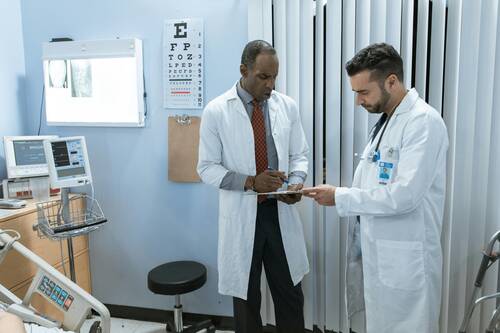In medical school, students learn the significant facts about rare diseases, including their prognosis, treatment options, and predisposing factors. However, it's entirely different when a doctors diagnoses a patient with a rare disease and have to care for them. Since the providers wants to get all the details and provide the best care possible despite the limited information available, the task can prove challenging. This article shows steps to help ensure that patients get the quality of care they need.
Consider Investigational Therapies
Since there are not many drugs out there proven to be effective for treating rare diseases, investigational therapies might be worth trying for your patient. Such treatments are worth considering when patients are experiencing severe side effects from using the conventional therapies and when the early study results of the investigational drugs are promising.
Before proceeding with it consider what the investigational drug is being studied for, the accessibility to clinical trial sites, and how much is already known about such therapies. For your patient's safety the potential risks and the scientific evidence available must be examined and existing treatments exhausted.
Determine if the patient will meet the inclusion criteria for participation in the study, such as the type or stage of their disease, age group, medical history, and current health status. As the physician, it is the responsibility to request such drugs. However, expanded access programs for investigational drugs are sometimes hard to navigate. If there is difficulty getting patients into such clinical trials, you might want to consider using an
Early Access Care program. Such programs connect patients to needed investigational products and streamline the request processes.
(more…)





























